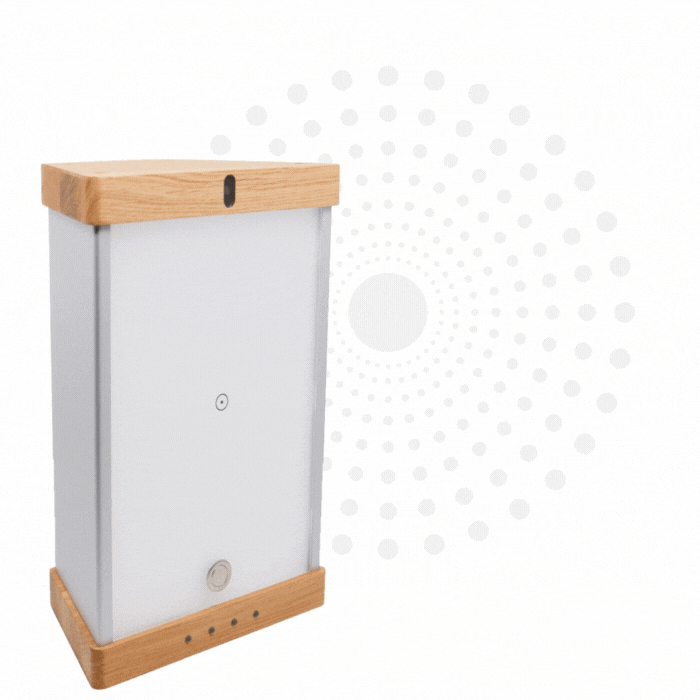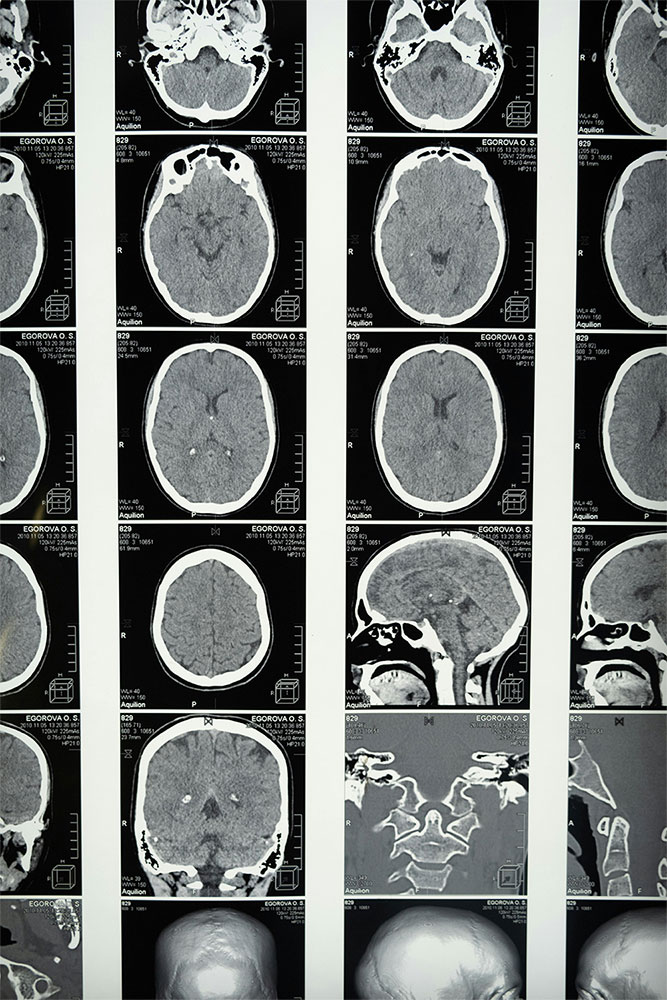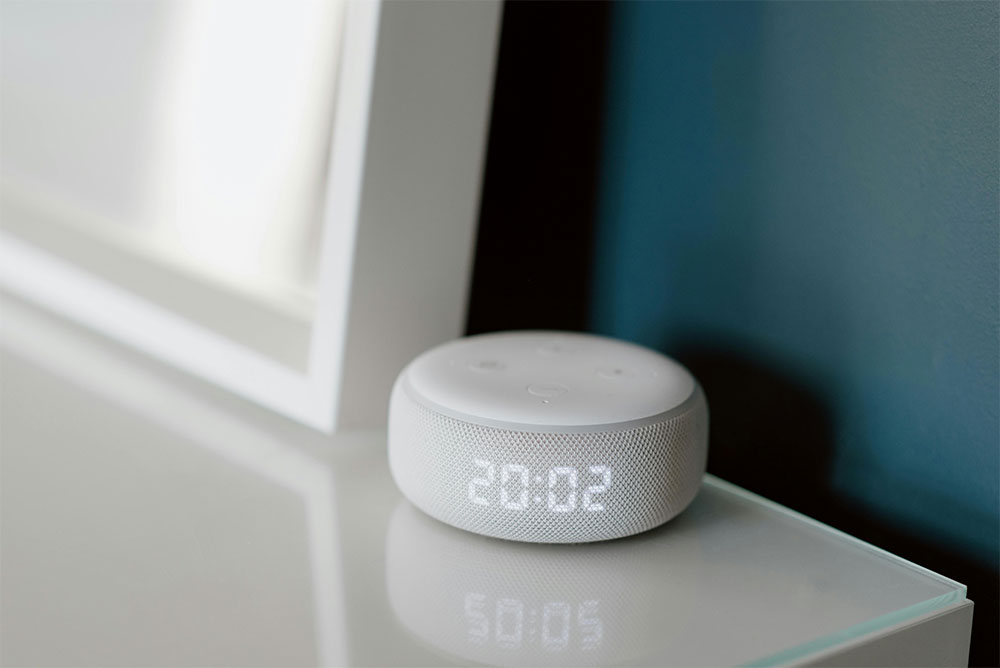
Christopher Ravn
Key Takeaways
1.
2.
3.
Table of Contents
1. Mild Cognitive Impairment (MCI) Life Expectancy
2. Does Mild Cognitive Impairment Progress To Dementia Affect Life Expectancy?
3. Factors Affecting Life Expectancy In Mild Cognitive Impairment Patients
4. What Is The Life Expectancy With And Without Dementia For MCI Patients
5. Lifestyle Modifications To Improve Life Expectancy In MCI Patients
6. What Is The Life Expectancy After A Dementia Diagnosis?
7. Dementia's Impact On Life Expectancy After MCI
8. Frequently Asked Questions About Mild Cognitive Impairment Life Expectancy
Mild Cognitive Impairment (MCI) Life Expectancy
Mild cognitive impairment (MCI) is when there is a decline in one’s mental abilities, which is an early stage of neurodegenerative issues such as Alzheimer’s, Parkinson’s, and vascular dementia. Around 10–20% of those ages 65 and above suffer from MCI and it increases with age.
The impact on the life expectancy of those with MCI who lived with and without dementia is more favorable in the general population. A study conducted found that those who had MCI had the same life expectancy as those who did not have MCI.
Does Mild Cognitive Impairment Progress To Dementia Affect Life Expectancy?
The progression from MCI to defection and its impact on life expectancy is still a topic of debate. Some studies have indicated that the rate of progression from MCI to dementia would range from 5 to 20% a year. Some clinical studies showed that the rate of MCI to dementia was around 10 percent per year.
The progression from MCI to dementia shortens a person’s life expectancy, according to the Journal of Alzheimer’s Disease Mortality. Another study said the mortality risk for those who developed dementia from MCI was shorter than that of those who remained the same.
Factors Affecting Life Expectancy In Mild Cognitive Impairment Patients
- Older patients have shorter life expectancy compared to younger patients
- Women (4.6 years) have a longer life expectancy compared to men (4.1 years) with MCI.
- People who do not have a good health status tend to have shorter life expectancies.
- People who are more cognitively impaired have a shorter life span.
- Subtypes of MCI, such as amnestic or non-amnestic, may influence life expectancy.
- Patients with chronic diseases like diabetes and hypertension tend to have a shorter lifespan.
What Is The Life Expectancy With And Without Dementia For MCI Patients
The life expectancy with and without dementia for MCI patients has been studied using community-based settings to gather more information on the prognosis of MCI. Consider the summary of community-based studies. The Rotterdam study highlighted that a community-dwelling of 648 with MCI and 6410 without MCI showed that the total life expectancy for MCI patients ranged from 21.5 years at age 60 to 2.6 years at age 95.
A group health study of 3605 members showed that those who were 65 and older had a life expectancy with dementia of 4.5. However, those without dementia showed a life expectancy of 12.5 years.
A comparison with the general population shows that the average life expectancy of those with Alzheimer’s disease is 4–8 years. Another study showed the life expectancy of women with mild impairment to be 4.2 years and dementia to be 3.2 years. For men, they were expected to live 3.5 years with mild impairment and 1.8 years with dementia.
We Believe Prioritizing Brain Health Enhances Your Quality Of Life
Get to know our team, our mission and how our EVY LIGHT® can provide you and your loved ones with a fuller life, letting you breathe a little easier.
Lifestyle Modifications To Improve Life Expectancy In MCI Patients
- A healthy Mediterranean diet consists of fruits, vegetables, whole grains, and omega-3 fatty acids.
- Physical exercise such as walking, swimming, and yoga may help to improve cognitive function and reduce the risk of dementia. A minimum of 30 minutes a day may bring a lot of benefits.
- Staying socially active and connected with people can help build cognitive research.
- Managing chronic stress by meditating and doing deep breathing can help with stress levels.
- Having at least 7-9 hours of sleep per night helps reduce the risk of cognitive decline.
- Work on mentally stimulating activities like reading and learning new skills to build cognitive reserve.
Diet And Nutrition
- The Mediterranean diet has a high consumption of fruits, vegetables, and whole grains; moderate consumption of dairy and poultry; low consumption of red and processed foods; and high consumption of healthy fats like olive oil.
- The Dietary Approaches to Stop Hypertension (DASH) diet is an eating plan that helps to support cognitive health. It requires high consumption of fruits, vegetables, and whole grains; low sodium and saturated fats; moderate low-fat dairy and lean meat; and high potassium-rich foods like bananas.
- The Mediterranean-DASH Intervention for Neurodegenerative Delay (MIND) diet is a mix of the above two dietary plans. It focuses on 10 brain-healthy food groups to partake in and 5 unhealthy food groups to avoid.
- Low-carbohydrate diets, such as ketogenic diet, focus on high consumption of fat and protein and low amounts of carbohydrate
- Omega 3 fatty acids like salmon and sardines, flax seeds, walnuts and other nuts
- Vitamin B6, B9, and B12 and related foods such as spinach and kale
- Antioxidants such as berries, dark chocolate and green tea
- Drink 8 cups of water a day
- Get 7-9 hours of sleep a day
- Have 30 minutes of moderate-intensity exercise per day.
Physical Activity
Physical activity plays an important role in maintaining cognitive function in those with MCI. It has been shown to improve executive functioning, memory, and processing speed and be linked to a reduced risk of cognitive decline.
- Aerobic exercise like swimming, cycling and dancing.
- Resistance training, like bodyweight exercise, should be done 2-3 times a week.
- Balance and coordination, like tai chi and yoga.
- Cognitive training like brain teasers, or brain exercises to prevent Alzheimer’s, games, and puzzles.
- Sensory activities for dementia
- Light therapy for dementia
What Is The Life Expectancy After A Dementia Diagnosis?
The life expectancy after a dementia diagnosis varies greatly depending on the type of dementia, age of diagnosis, and overall health of the individual. On average, people with dementia may live around 4-5 years after diagnosis, but some may live up to 20 years or more.
- Each stage of dementia lasts around 2–4 years, and life expectancy is around 10 years or more.
- Middle-stage dementia lasts around 2–5 years and has a life expectancy of 4-6 years after diagnosis.
- Late-stage dementia lasts around 1-2 years and life expectancy is 1-2 years after diagnosis.
How Long Does Dementia Typically Last?
The average dementia duration depends on dementia type and other individual factors. Some sources state that the average person with dementia may live around 4-8 years. However, there have been cases of people living as long as 20 years after diagnosis.
- Types of dementia such as Alzheimer’s disease, vascular dementia, Lewy body dementia, etc.
- The age at which a person with dementia was diagnosed depends on how young or old they are.
- Overall health and medical conditions can also affect dementia life expectancy.
- The effectiveness of the patient’s treatment can impact the duration of their lifespan.

Enhance your brain performance through the power of light.
Comfortable and easy to use 40Hz light therapy to support and improve your brain function.
View Our LightDementia's Impact On Life Expectancy After MCI
Dementia can affect life expectancy after MCI, so it is important that patients, caregivers, and healthcare providers understand the survival rates. You will also need to know when to call hospice for dementia.
Studies conducted in Norway have showcased the relationship between dementia and life expectancy. It stated that those who were diagnosed with dementia from MCI faced a reduced life expectancy. This study has factored in age, gender, and health conditions.
Excess mortality rate ratios (EMRR) are used to identify the increased risk of mortality that is tied to a specific condition compared to the general population. When it comes to dementia, EMRR highlights that those with dementia are more likely to die than those without dementia.
Can Dementia Stages Predict Life Expectancy After Progression From MCI?
- Early stage (MCI) has a life expectancy of around 2–5 years, and some have lived up to 10 years.
- Middle stage has a life expectancy of 4-8 years and some have lived up to 12 years or more
- Late stages have a life expectancy of 2–5 years but some have lived more than 10 years.

Global Statistics On The Influence Of Dementia On Life Expectancy
The global consensus states that dementia is expected to triple by 2050, bringing the number of cases to 152 million. The World Health Organization (WHO) states that dementia costs around USD1.3 trillion, including informal care and support.
The life expectancy of individuals with dementia around the globe varies. Different types of dementia have their own survival rates. A study stated that among dementia etiologies, Alzheimer’s Disease (AD) had a better survival rate compared to vascular dementia (VaD) and dementia with Lewy bodies (DLB/PDD).
View The Video Testimonials Of What Others Have Experienced
See how others have achieved a sharper mind by activating their gamma brainwaves in combination with maintaining a healthy lifestyle.
Frequently Asked Questions About Mild Cognitive Impairment Life Expectancy
What Does Mild Cognitive Impairment Life Expectancy Mean?
Mild cognitive impairment (MCI) life expectancy refers to the average remaining lifespan of individuals diagnosed with MCI. It is influenced by various factors like age, overall health, and whether MCI progresses to dementia, with research suggesting a more favorable prognosis in the general population compared to clinical settings.








































































